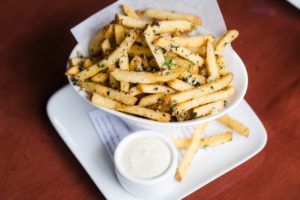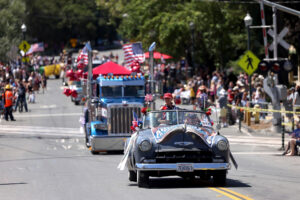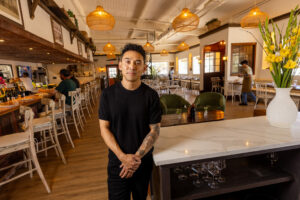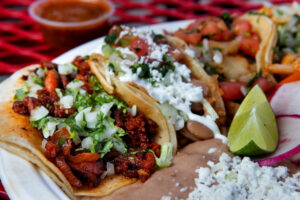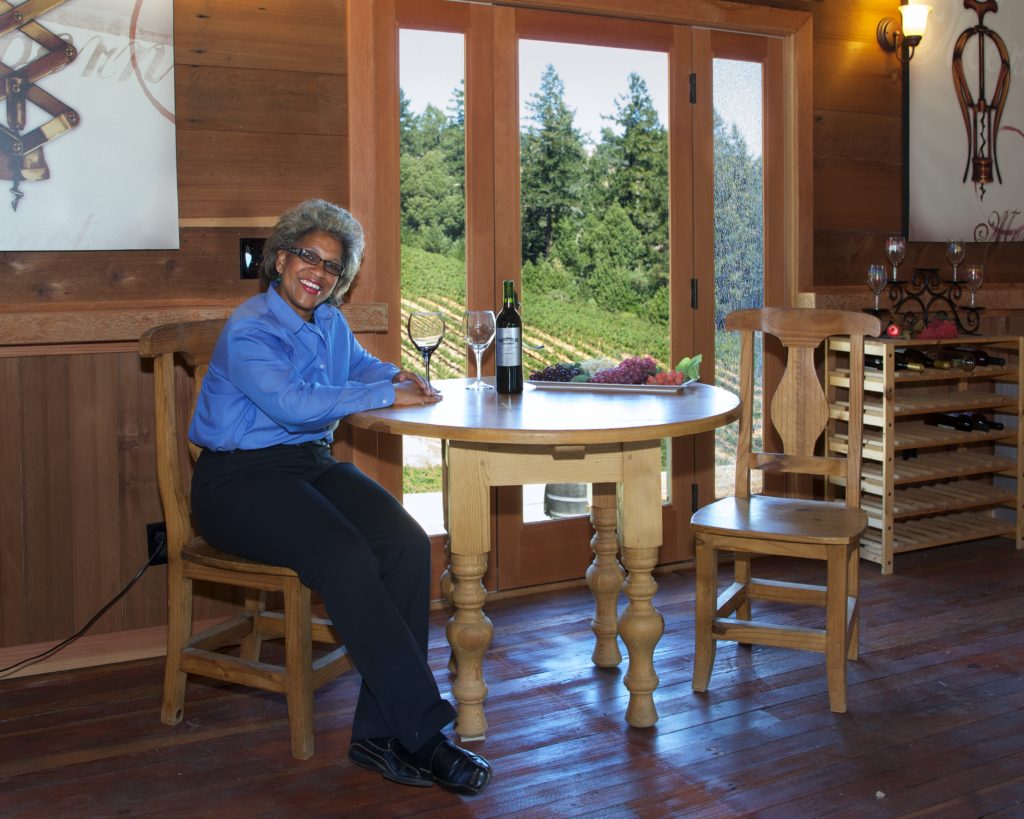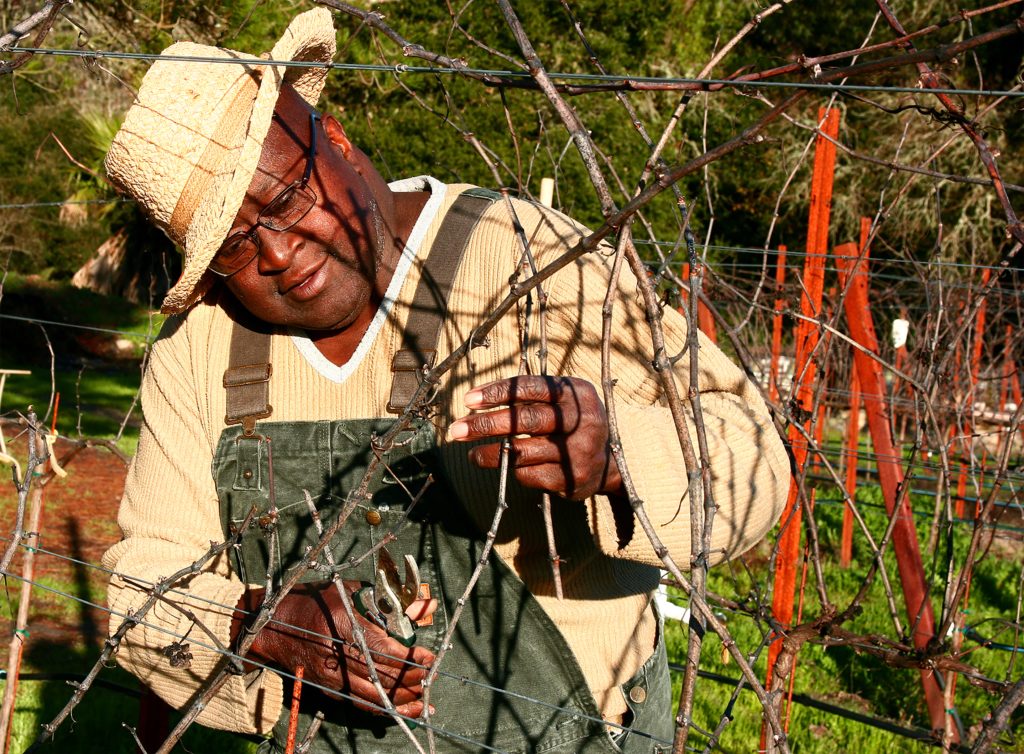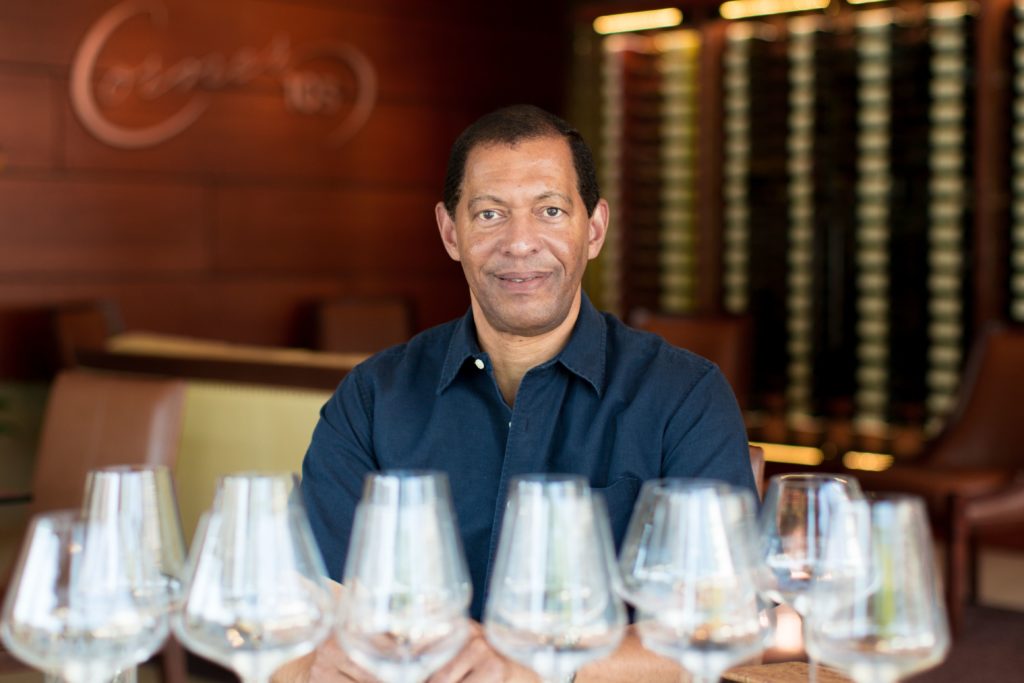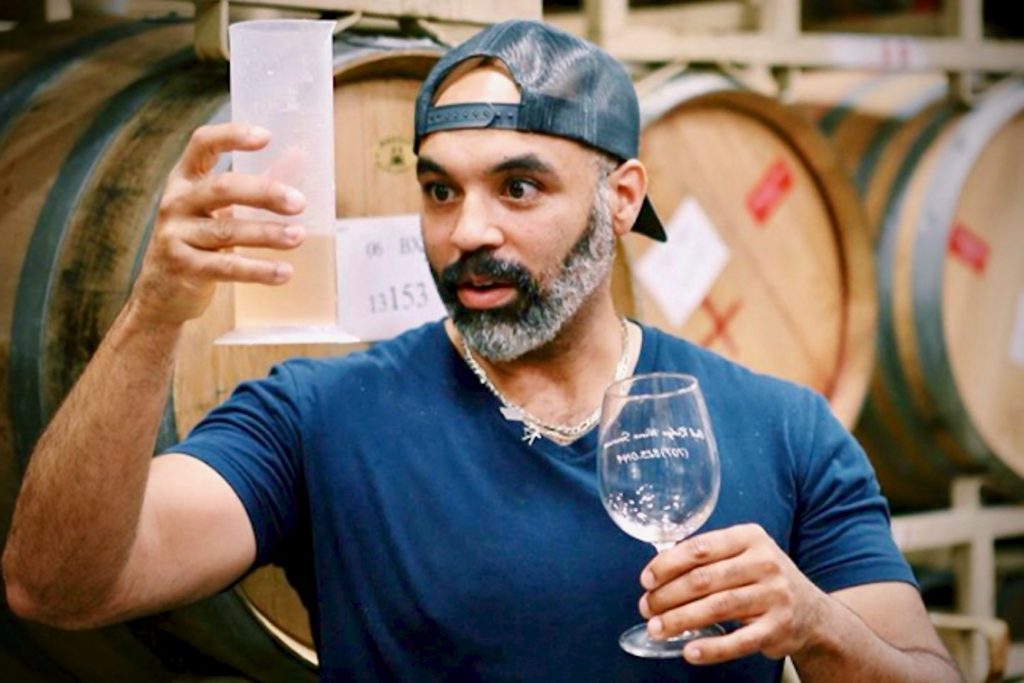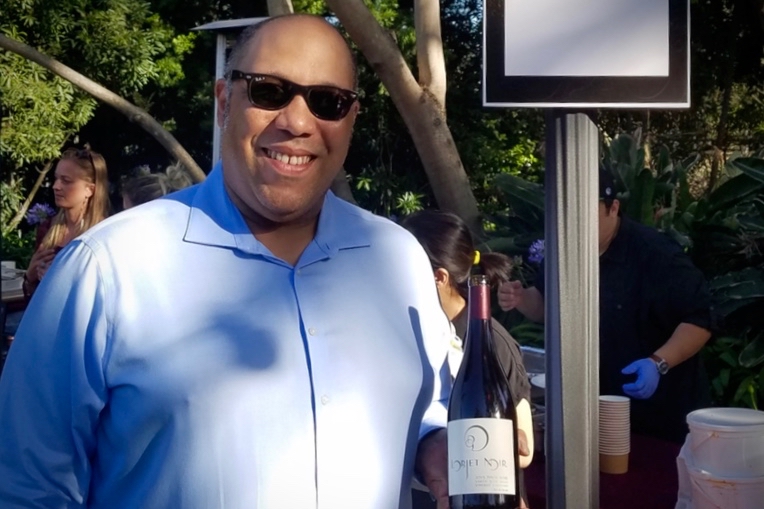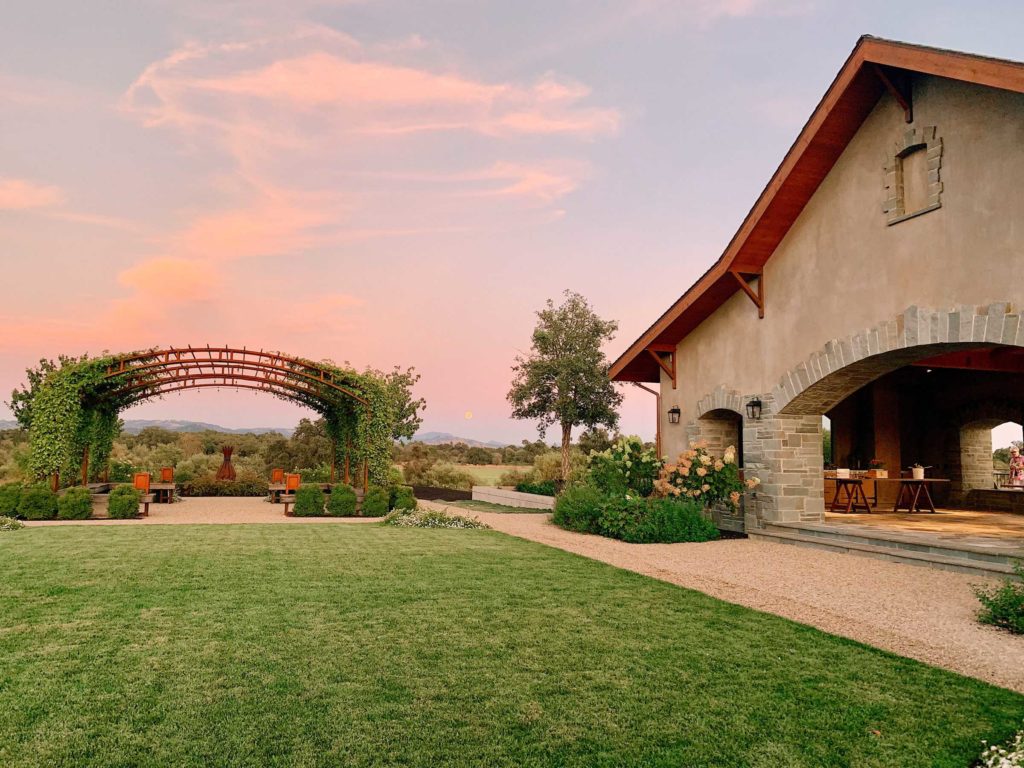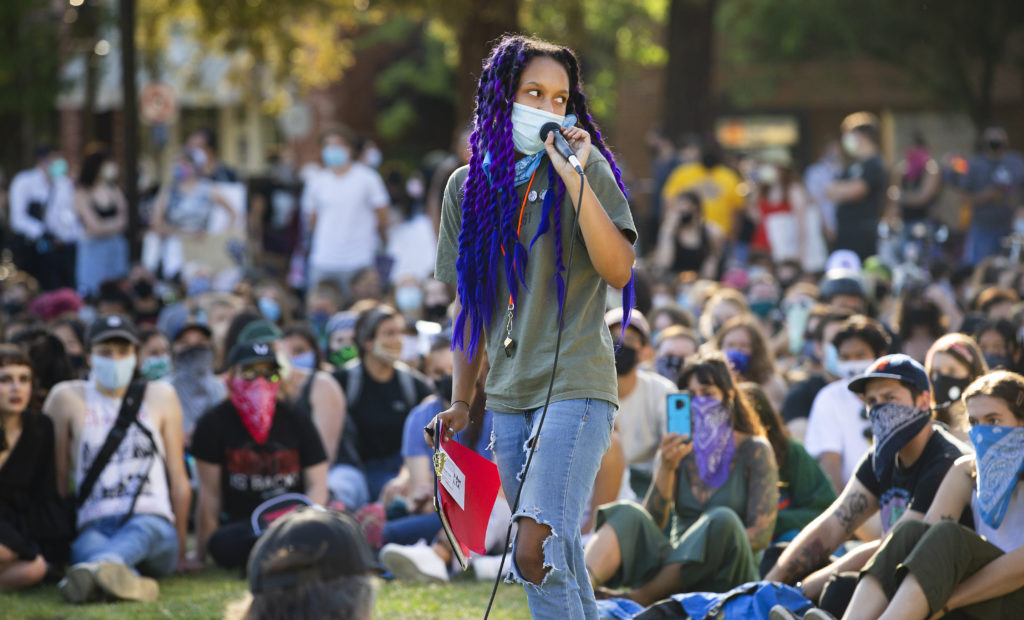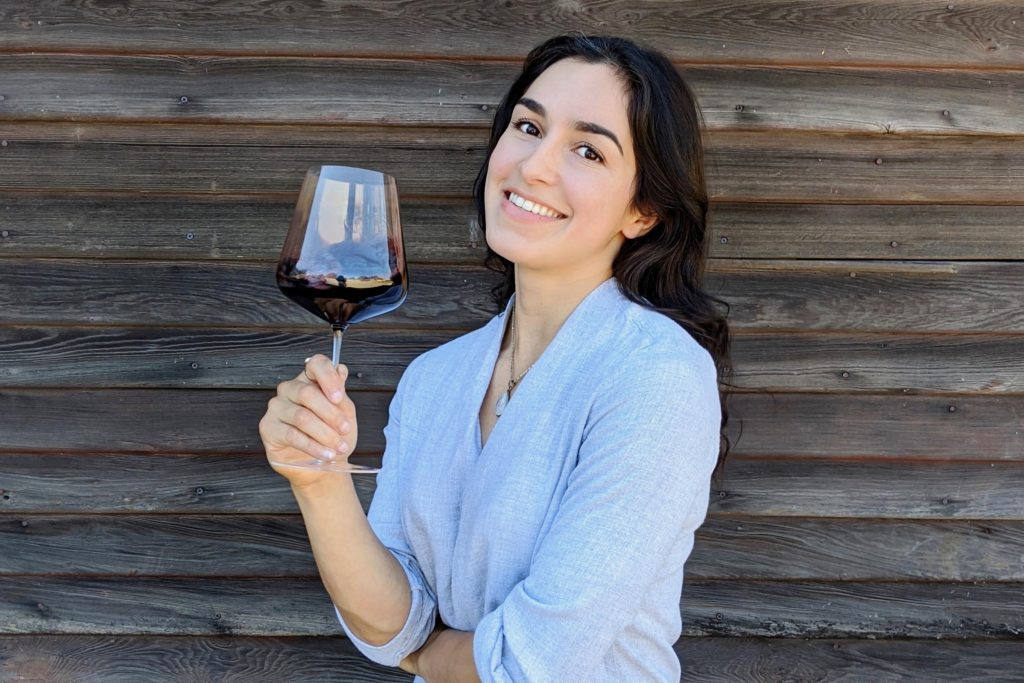Windsor resident Mac McDonald founded the Association of African American Vintners in 2002, not long after he launched his Vision Cellars wine brand, proudly displaying an African mask on the label. Cultivating African Americans’ appreciation of wine and proving to all that Black winemakers can be as talented and skilled as others were AAAV’s chief goals. Encouraging people of color to seek careers in wine’s very white world was another.
Eighteen years later, McDonald is still mistaken for a hospitality employee at wine events at which he’s pouring. He’s often ignored when attempting to show his wines to retailers and challenged on his wine knowledge.
Nearly two decades after the creation of AAAV, fewer than 60 wineries in the country are operated by African Americans, according to Statista. A handful are in Sonoma and Mendocino counties, but one has had to look long and hard to find them.
Until now.
The U.S. wine industry is as white (and often wealthy) as they come, with Black faces rarely seen among producers, sommeliers, distributors, retailers and marketers. Yet the recent Black Lives Matter protests and national discussion about systemic racism have empowered African Americans to speak out about the disparity and demand inclusion, and their efforts are drawing trade and media attention.
Theodora Lee, owner and winemaker at Theopolis Vineyards in the Yorkville Highlands of Mendocino County, has seen sales of her 800-case-production petite sirah and symphony wines soar.
For the first time, being a Black vintner is a benefit.
“Since June 1, I’ve had more than 800 orders,” said the self-titled Theo-patra, Queen of the Vineyards, who is also a partner in a San Francisco law firm (Littler Mendelson) and a trial attorney focused on employment law. “It’s what’s in the bottle, but also media coverage. The burden of the Black vintner is real, but the focus is now on supporting Blacks. Finally, it’s less of a burden. I’m getting calls from retailers and restaurants (instead of me calling them). For the first time, being a Black vintner is a benefit.”
Dan Glover, a Santa Rosa-based winemaker, said sales of his L’Objet Noir wines jumped 200% in June. Chris Christensen, owner/winemaker of Bodkin Wines, also in Santa Rosa and with the wines produced at custom-crush facilities in Russian River Valley, said, “The response from the public has been overwhelming and humbling about what I’m doing. Our social media following doubled, and wine club and online orders increased.”
Like his African American winemaking colleagues, Christensen is not happy about the reason for this newfound attention on his wines. “I want to be known for my work, my wines,” he said. “I want to be viewed outside the context of my race. But with all that’s happened, a force is ignited in me in how I can give back to the community, how I can help more people, to get African Americans into the wine business.”
As a start, he has a wine project in the works, in which profits from the sales of the wines will go to the United Negro College Fund. A recent Instagram post: “The BEST Way to support a Black-Owned Winery is to JOIN THE WINE CLUB. Support on that level helps us keep our presence and wines flowing vintage after vintage.”
Locally, most Black-owned wineries have lacked visibility to consumers because they are small in production quantity, don’t own vineyards or winemaking facilities and don’t have tasting rooms. Lloyd Davis is an exception, as a partner in a New York hedge fund company who came to Sonoma to pull Viansa Winery out of bankruptcy in 2008.
“Within six months of moving to Sonoma, I’d fallen in love with the place and the wine business,” Davis said. “The cooperation of people in the industry is a beautiful thing. I haven’t experienced any obstacles (as an African American); it’s a very open, accepting community.”
Granted, Davis had the financial means to found Corner 103: A Sonoma Tasting Experience in 2015, after Viansa was sold to Vintage Wine Estates. He and his staff pour the Corner 103 wines and, until the pandemic shutdowns, made matching the wines with food a priority (pairings will resume in the future).
Davis, an AAAV member, said he’s found very little expressed discrimination toward him as an African American winery owner.
“I experienced more racial issues in finance than I have in wine,” he said with a chuckle. “Black, Hispanic, female, male, people come to Corner 103 to taste wine and have a great experience. They don’t know if I’m the owner or the janitor, and most don’t care.
“We’re 100% direct to consumer. In the tasting room environment, if a person doesn’t like Blacks, they don’t come in. I don’t have to deal with distributors or retailers, and that’s a different perspective.”
McDonald, Lee and others have seen the discriminatory side of that perspective, the exclusionary one, and welcome the day when the color of the winemaker is far less important than the hue of the wine.
Here are six local Black-owned wine businesses worth a look and taste:
Bodkin Wines
Native Iowan Chris Christensen moved west to study at Stanford University, where he was introduced to wine. He learned to make vino from the ground up at Sonoma wineries including Mauritson, Meeker and Medlock Ames. He went out on his own in 2011, starting Bodkin Wines and gaining instant attention with his sparkling sauvignon blanc, Cuvée Agincourt, the name referencing a battle during the Hundred Years’ War. Most of his grapes came from Lake County back then, as they were more affordable than those from Sonoma. Christensen has increasingly added more Alexander Valley and Dry Creek Valley fruit for his various other sparkling wines, sauvignon blancs, gewürztraminers, zinfandels and white and red dessert wines.
No tasting room. Order online bodkinwines.com, instagram.com/bodkinwines.
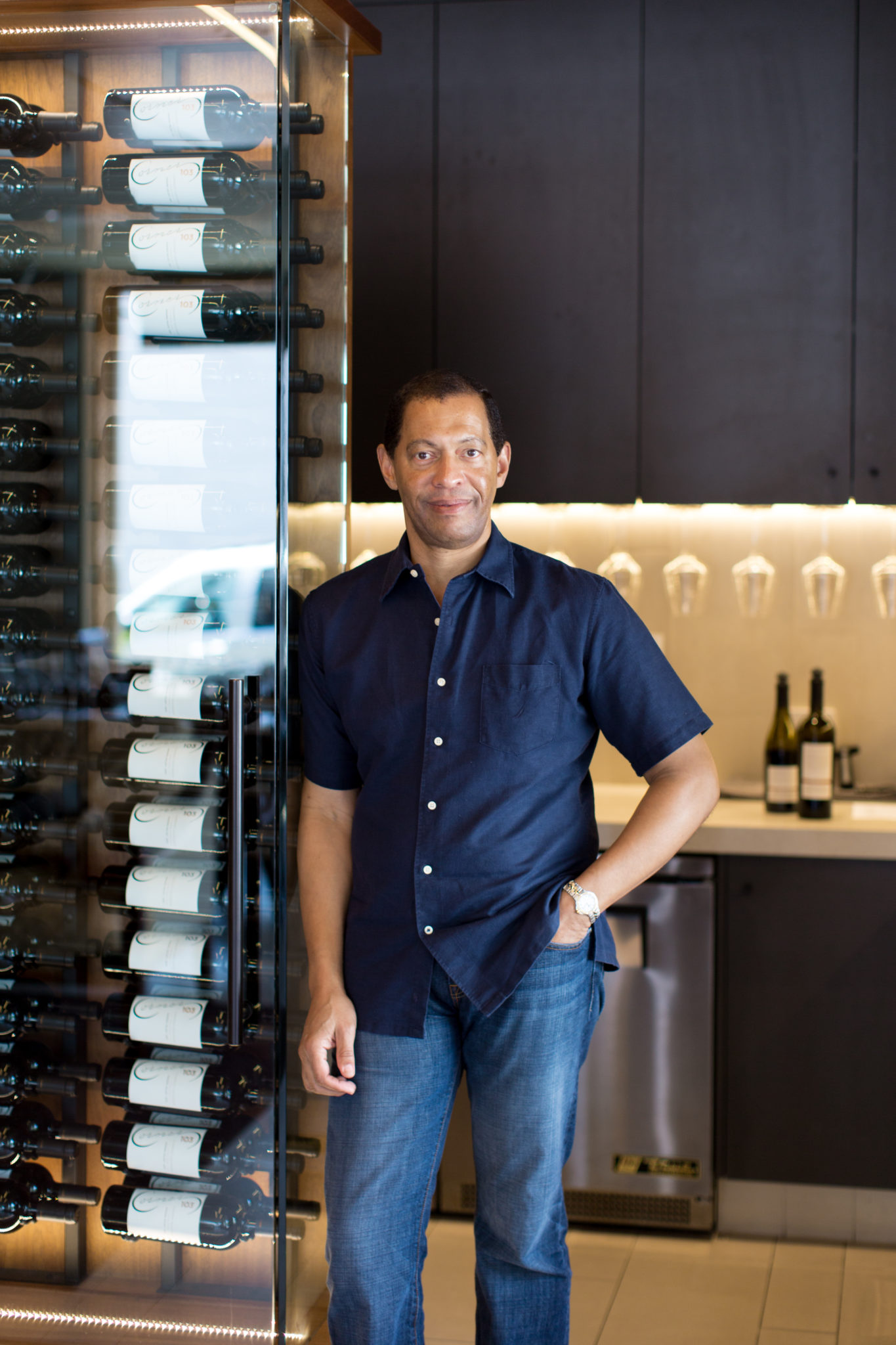
Corner 103
Lloyd Davis took what he learned from retooling nearby Viansa Winery and opened Corner 103, an intimate, stylish tasting room in downtown Sonoma. There, he and his staff pour wines Davis began making as he positioned Viansa for sale to Vintage Wine Estates. Wine and food matching has been the strong suit of Corner 103, and while coronavirus health measures have put the pairings program on hold for now, visitors (by appointment) can taste five wines for $20 per person. Winemaker Ron Goss, who Davis brought over from Viansa, excels at producing wines from throughout Sonoma County: Carneros chardonnay and pinot noir, Alexander Valley grenache, Sonoma Mountain zinfandel and more.
103 W. Napa Street, Sonoma, 707-931-6141, corner103.com
Fog Crest Vineyard
African American Rosalind Manoogian and her husband, James Manoogian, own this Russian River Valley vineyard, winery and tasting room, where former Saintsbury (Napa Valley) winemaker Jerome Chery produces their chardonnays, pinot noirs and rosés. Rosalind, the vice president of marketing, is often the host for visitors to this winery. Call ahead for appointments.
7606 Occidental Road, Sebastopol, 707-829-2006, fogcrestvineyard.com
L’Objet Wines
Danny Glover (no relation to the actor) was a songwriter and producer in Los Angeles when the wine bug bit him – specifically, the pinot noir bug. He moved to Sonoma, worked at wineries including Armida, Clos du Bois and Dutcher Crossing, then launched L’Objet Wines a decade ago, selling most bottles to his wine club. Glover’s current-release L’Objet Noir is a pinot noir from Russian River Valley’s Oehlman Vineyard; a Comstock Vineyard Sauvignon Blanc from Dry Creek Valley is also in the fold. Glover produces 600 cases or so a year of wine. Bodkin’s Chris Christensen calls him “Lethal Weapon;” Glover’s Twitter handle is #pinotnoirdude.
No tasting room; order wines by phone or online, 707-235-3153, lobjetwines.com
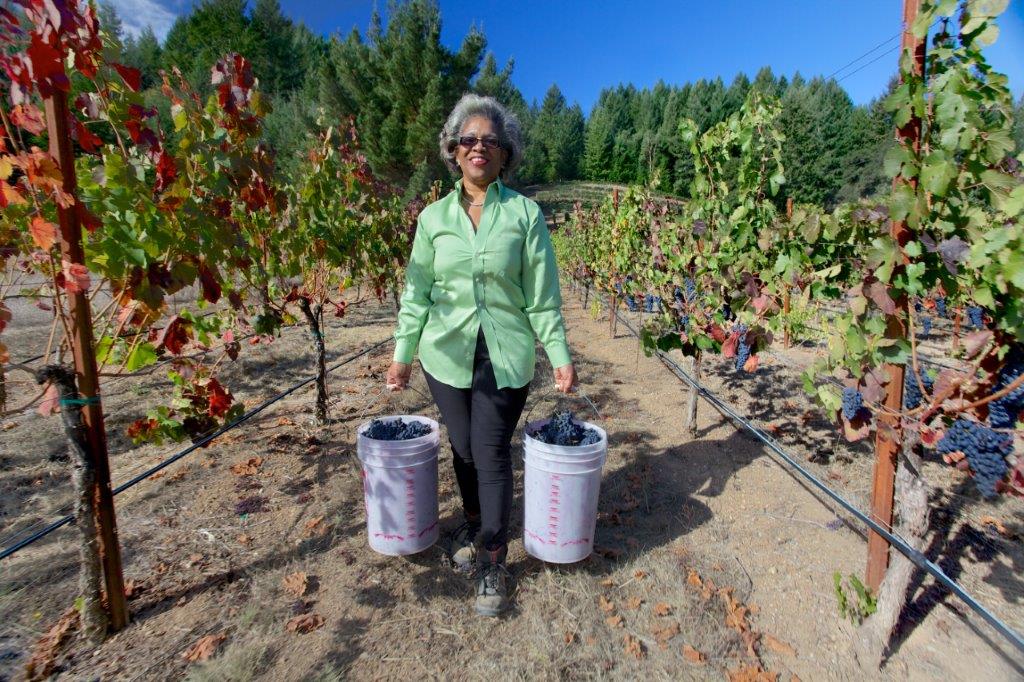
Theopolis Vineyards
Labor law attorney Theodora Lee planted her 5-acre Yorkville Highland vineyard in 2003, selling the grapes to others, including Carlisle Winery & Vineyards in Santa Rosa. She made her first commercial vintage in 2014, and ever since, her petite sirah, symphony (a white wine made from a grape variety bred at UC Davis of muscat of Alexandria and grenache gris) and petite sirah rosé have won fans – and competition gold medals, with two golds won at the 2019 North Coast Wine Challenge in Santa Rosa.
No tasting room; order at info@theopolisvineyards.com or online at theopolisvineyards.com
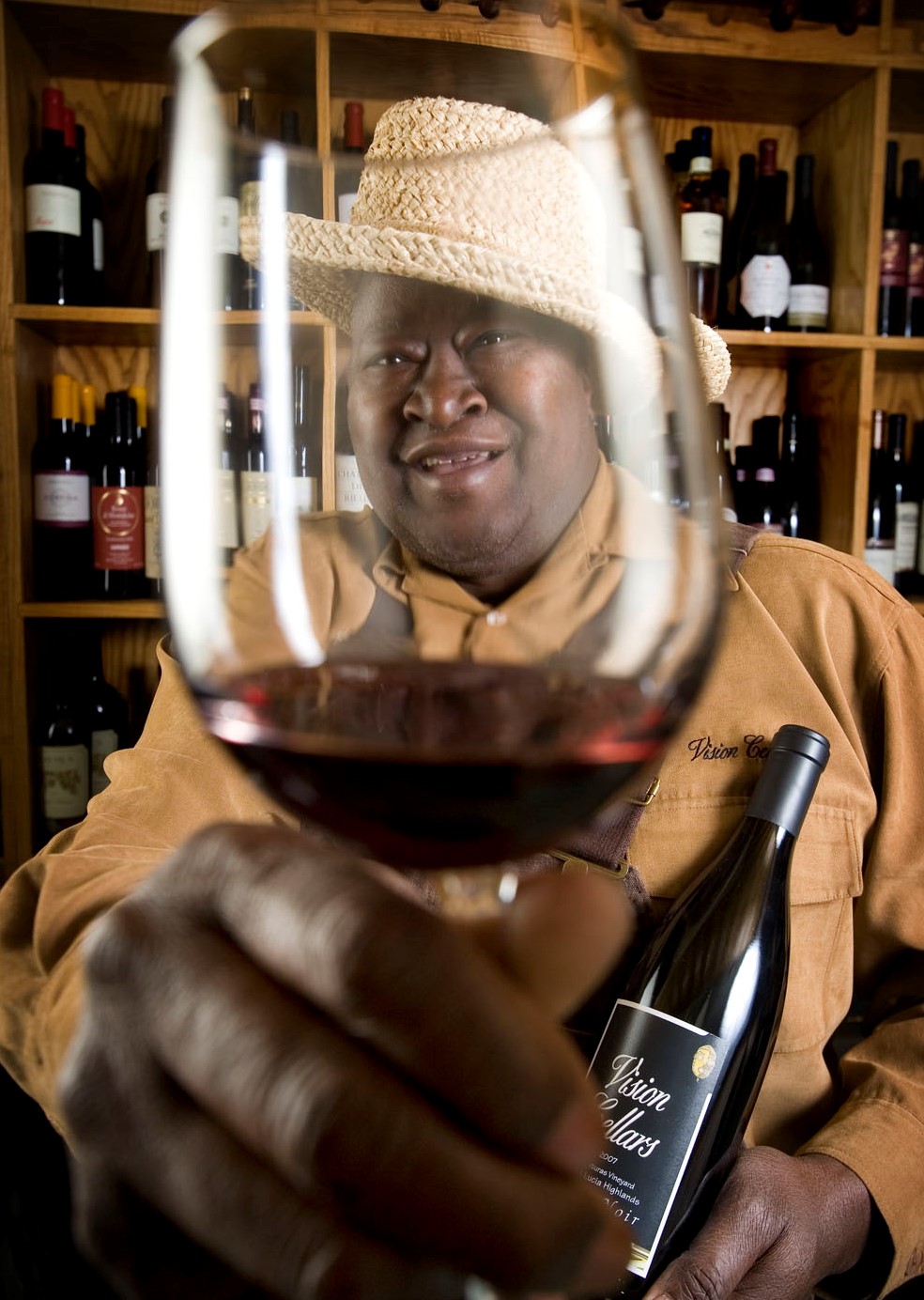
Vision Cellars
“My idea is to help others appreciate wine,” said Edward Lee “Mac” McDonald. “It’s all about education.” McDonald, the son of an East Texas moonshiner and retired PG&E supervisor, founded Vision Cellars with his wife, Lil, after trying his hand at homemade wines. He’d made friends with Caymus Vineyards owner Charlie Wagner in Napa Valley and spent a lot of time there sampling the wines. Charlie and his son, Chuck, convinced McDonald that he was suited for the wine business, and they provided space in their cellar for Mac to make his wines. A gift bottle of Burgundy he received back in Texas stuck in his mind, and McDonald, now living in Windsor, decided to make pinot noir from top vineyards in California. The first vintage was 1997, and the couple has crisscrossed the country multiple times since, pouring at events and showing wines to the trade. McDonald continues to produce his wines at Caymus, though the grape sourcing is now focused on Sonoma County and the North Coast.
No tasting room; order at 707-836-4002 or online at visioncellars.com




